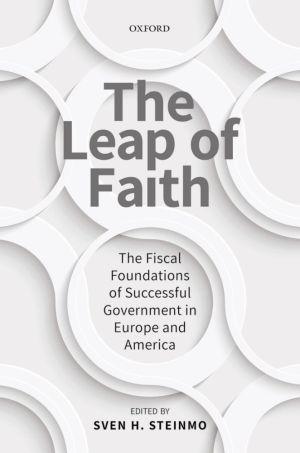
This book examines the evolution of the relationship between taxpayers and their states in Sweden, Italy, the United Kingdom, the United States, and Romania, and asks why tax compliance is so much higher in some countries than others. The book shows that successful states have built strong administrative capacities, tax citizens fairly and equitabl...

Drawing on Indigenous peoples' struggles against settler colonialism, Theft Is Property! reconstructs the concept of dispossession as a means of explaining how shifting configurations of law, property, race, and rights have functioned as modes of governance, both historically and in the present. Through close analysis of arguments by Indigenou...

It is increasingly clear that the shapes of reality - whether of the natural world, or of the built environment - are in some profound sense mathematical. Therefore it would benefit students and educated adults to understand what makes mathematics itself 'tick', and to appreciate why its shapes, patterns and formulae provide us with preci...
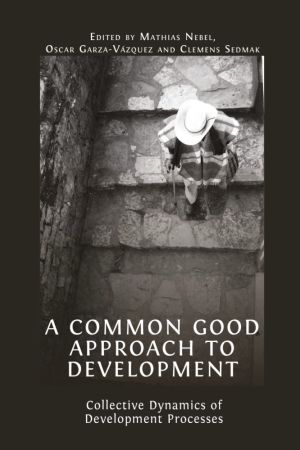
This edited collection proposes a common good approach to development theory and practice. Rather than focusing on the outcomes or conditions of development, the contributors concentrate on the quality of development processes, suggesting that a common good dynamic is key in order to trigger development.
Resulting from more than three years of r...

Cover songs are a familiar feature of contemporary popular music. Musicians describe their own performances as covers, and audiences use the category to organize their listening and appreciation. However, until now philosophers have not had much to say about them. In A Philosophy of Cover Songs, P.D. Magnus demonstrates that philosophy provides a v...
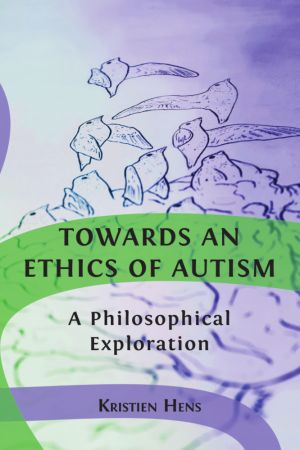
What does it mean to say that someone is autistic?
Towards an Ethics of Autism is an exploration of this question and many more. In this thoughtful, wide-ranging book, Kristien Hens examines a number of perspectives on autism, including psychiatric, biological, and philosophical, to consider different ways of thinking about autism, as well as it...

In Performing Deception, Brian Rappert reconstructs the practice of entertainment magic by analysing it through the lens of perception, deception and learning, as he goes about studying conjuring himself.
Through this novel meditation on reasoning and skill, Rappert elevates magic from the undertaking of mere trickery to an art that offers the b...

This work introduces a new specification and verification approach for dynamic systems. The introduced approach is able to provide type II error free results by definition, i.e. there are no hidden faults in the verification result. The approach is based on Kaucher interval arithmetic to enclose the measurement in a bounded error sense. The develop...

From component choice, to packaging, to marketing, to the million other things that you need to do when you scale up production, we'll help you turn your project into a product - and along the way it'll help you be a better maker.
- Build a rocket-powered wing-wing glider out of balsa wood and 3D printed parts (it's like the space...
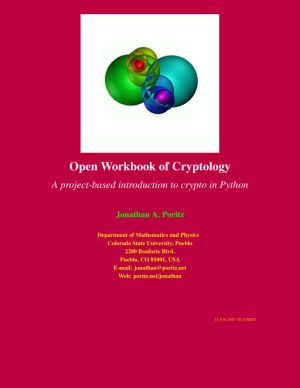
Everyone needs a little cryptology.
The problem with crypto is that it has a reputation of being very hard and mysterious, as well as very easy to get wrong. While there are aspects of crypto that are connected to quite modern and complex theories - such as number theory, an old and deep branch of mathematics; complexity theory, a new(er) and su...

Becoming a Scholar provides a window into the lives of nine non-traditional doctoral students. As mature, part-time, international students enrolled in a professional doctorate programme, they reflect on the transformation process of becoming scholars, and their narratives provide breadth and depth to themes that represent a diverse cross-section o...
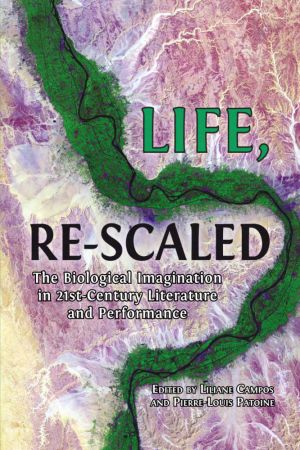
This edited volume explores new engagements with the life sciences in contemporary fiction, poetry, comics and performance. The gathered case studies investigate how recent creative work reframes the human within microscopic or macroscopic scales, from cellular biology to systems ecology, and engages with the ethical, philosophical, and political i...
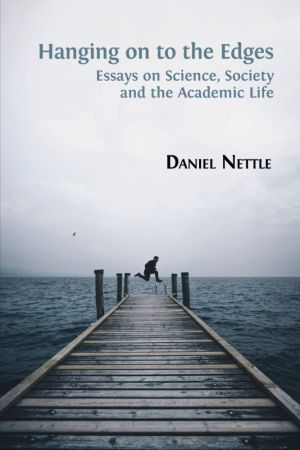
What does it mean to be a scientist working today; specifically, a scientist whose subject matter is human life? Scientists often overstate their claim to certainty, sorting the world into categorical distinctions that obstruct rather than clarify its complexities. In this book Daniel Nettle urges the reader to unpick such distinctions - biological...

In this rigorous and necessary book, Kristien Hens brings together bioethics and the philosophy of biology to argue that it is ethically necessary for scientific research to include a place for the philosopher. As well as ethical, their role is conceptual: they can improve the quality and coherence of scientific research by ensuring that particular...
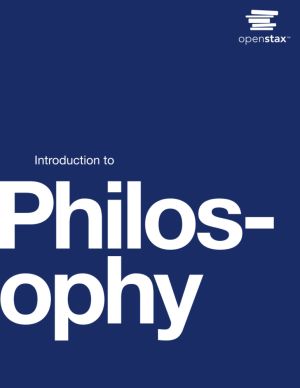
Introduction to Philosophy provides an overview of a common range of philosophical topics for a first- or second-year general education philosophy course. It is organized thematically, following the principal categories of academic philosophy (logic, metaphysics, epistemology, theories of value, and history of philosophy). A recurring theme of Intr...

This book contains the background that's missing from other tutorials. Here you'll learn key concepts so you'll have a solid foundation for continued study. Whether you choose to continue with another book in this series, a video course, or a code school, everything will make sense when you start here.
You can read this book anywh...

Creating landscapes of investigation is a primary concern of critical mathematics education. It enables us to organise educational processes so that students and teachers are able to get involved in explorations guided by dialogical interactions. It attempts to address explicit or implicit forms of social injustice by means of mathematics, and also...
